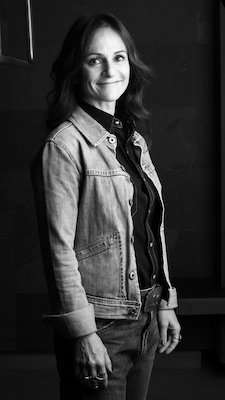“Our clothes are a part of the climate crisis, and we have to reverse the narrative to make them part of the solution.”
COVER STORY: ENVIRONMENTAL SUSTAINABILITY
A veteran of the textile industry, Ebru Debbağ also has her own platform, Indigofriends, that advocates for a healthier planet.

Ebru Debbağ RC 87
How have you seen the textile sector move towards environmental sustainability over the years?
The textile industry exemplifies how we succumbed to capitalism, depleted limited resources and discounted human labor to satisfy our desire for more. When fast fashion began to rise, the number of clothing manufacturers increased twofold, while the use-time decreased by half. Annually, 70 million barrels of petroleum go into the production of synthetic fibers, which end up as microfibers in the depths of the oceans, in human placenta or in our lungs. The current recycling rate from textile to textile is only 1%, and the rest is down-cycled (12%) or left to landfills. Cotton fields, soil health, ecosystems at work, the investment of manufacturers, design work, human labor …it is never just a pair of jeans; so much more is integrated. Our clothes are a part of the climate crisis, and we have to reverse the narrative to make them part of the solution. Turkey will need to accelerate its transformation to a circular business system, as one of the biggest suppliers to the EU.
How can RC alumni and students be changemakers in this field?
Get to business on the field! We have an enriched educational and vocational background, and this is where we can work together. Some of us from RC 87 recently set up Permatürk Foundation - the first foundation to have permaculture systems at its core and that shares best practices on sustainability. The RC community is a great resource, and we have to look for like-minded change-makers.
Published August 2021



